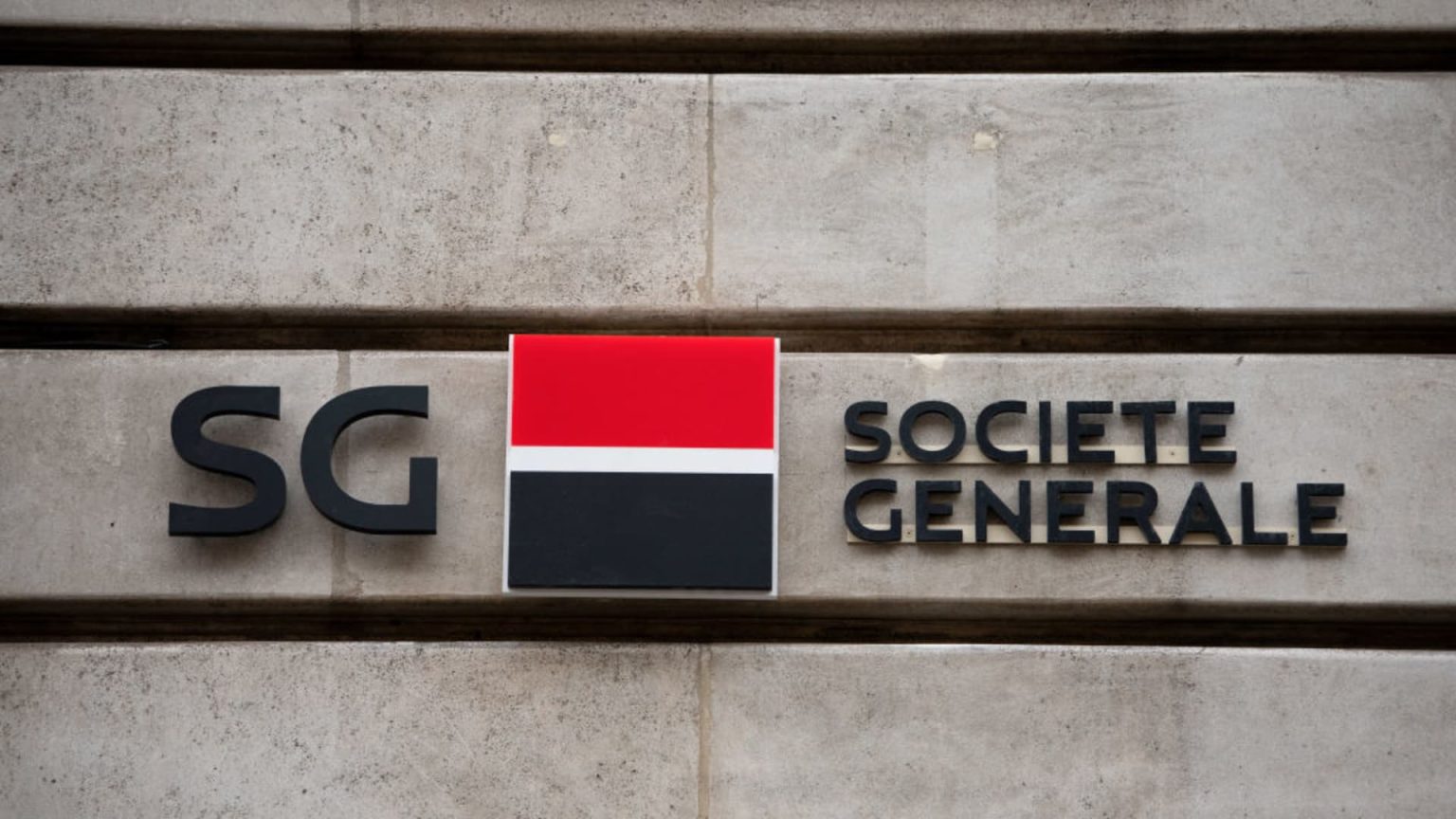Former Societe Generale trader Kavish Kataria has accused the French bank of unfairly scapegoating him for unauthorized risky bets that he made on the Delta One desk. Kataria claimed that his superiors were aware of the profits and losses on his trades, as they were reported daily to both his Hong Kong team and the Paris head office. Despite this, Kataria was fired for the trades, with the bank failing to take responsibility for the lapses in risk management that allowed the trades to go unnoticed. SocGen confirmed Kataria and team head Kevin Ng’s dismissal last year after an internal review of their transactions, stating that appropriate measures were taken in response to the incident.
It was reported that SocGen did not suffer any monetary losses from Kataria’s trades, but potential losses could have reached hundreds of millions of dollars if the trades had turned against them. Kataria allegedly engaged in options trading on Indian indexes, which he was not authorized to do, and because most were intraday trades, they went undetected for a period of time. Despite Kataria claiming that the trades were auto-booked and reported in a daily email to the team, he was still terminated from his position. Kataria argued that there was a lack of awareness or oversight from his superiors regarding his trades, suggesting that they were either incompetent or negligent in their duties.
Kataria emphasized the need for better regulation in the trading industry, expressing his frustration at being dismissed with minimal compensation and his previous year’s bonus being withheld. He criticized the lack of rules or regulations that support trader justice, indicating a need for greater accountability and fairness within the industry. SocGen has previously faced substantial losses due to risk management failures, notably in 2008 when Jerome Kerviel, a rogue trader on the derivatives desk, incurred 4.9 billion euros in losses for the bank.
Despite the trading incident involving Kataria, SocGen reported a lower-than-expected 22% decline in first-quarter net income, with profits from equity derivative sales offsetting weaknesses in its retail banking and fixed income trading divisions. The bank continues to prioritize risk management in light of past incidents and strives to maintain a strict control framework to identify and address any irregularities. While Kataria’s claims of unfair treatment and lack of accountability highlight tensions within the banking sector, it also underscores the importance of implementing robust risk management practices to safeguard financial institutions from potential losses. The ongoing challenges faced by banks in balancing profitability with risk control serve as a reminder of the complexities and responsibilities inherent in the financial industry.


